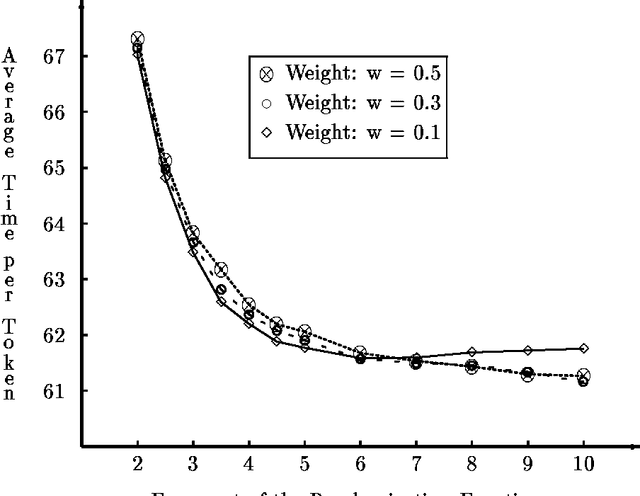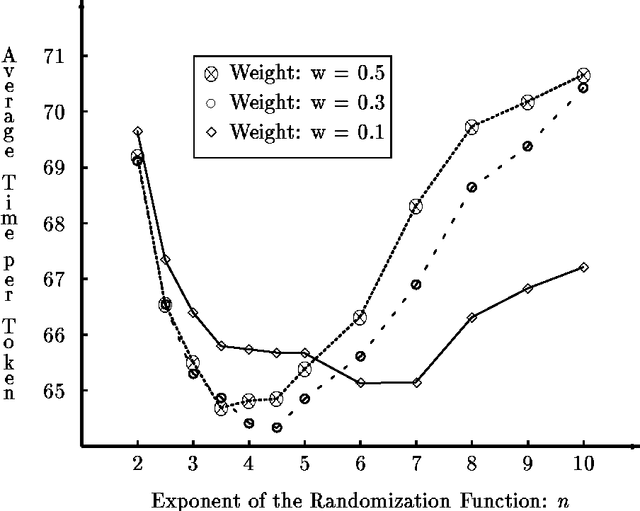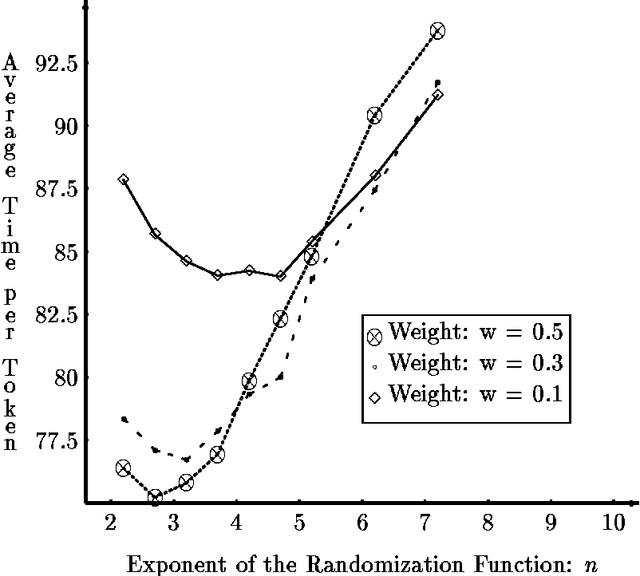A. Schaerf
Adaptive Load Balancing: A Study in Multi-Agent Learning
May 01, 1995



Abstract:We study the process of multi-agent reinforcement learning in the context of load balancing in a distributed system, without use of either central coordination or explicit communication. We first define a precise framework in which to study adaptive load balancing, important features of which are its stochastic nature and the purely local information available to individual agents. Given this framework, we show illuminating results on the interplay between basic adaptive behavior parameters and their effect on system efficiency. We then investigate the properties of adaptive load balancing in heterogeneous populations, and address the issue of exploration vs. exploitation in that context. Finally, we show that naive use of communication may not improve, and might even harm system efficiency.
* See http://www.jair.org/ for any accompanying files
Decidable Reasoning in Terminological Knowledge Representation Systems
Dec 01, 1993Abstract:Terminological knowledge representation systems (TKRSs) are tools for designing and using knowledge bases that make use of terminological languages (or concept languages). We analyze from a theoretical point of view a TKRS whose capabilities go beyond the ones of presently available TKRSs. The new features studied, often required in practical applications, can be summarized in three main points. First, we consider a highly expressive terminological language, called ALCNR, including general complements of concepts, number restrictions and role conjunction. Second, we allow to express inclusion statements between general concepts, and terminological cycles as a particular case. Third, we prove the decidability of a number of desirable TKRS-deduction services (like satisfiability, subsumption and instance checking) through a sound, complete and terminating calculus for reasoning in ALCNR-knowledge bases. Our calculus extends the general technique of constraint systems. As a byproduct of the proof, we get also the result that inclusion statements in ALCNR can be simulated by terminological cycles, if descriptive semantics is adopted.
* See http://www.jair.org/ for any accompanying files
 Add to Chrome
Add to Chrome Add to Firefox
Add to Firefox Add to Edge
Add to Edge